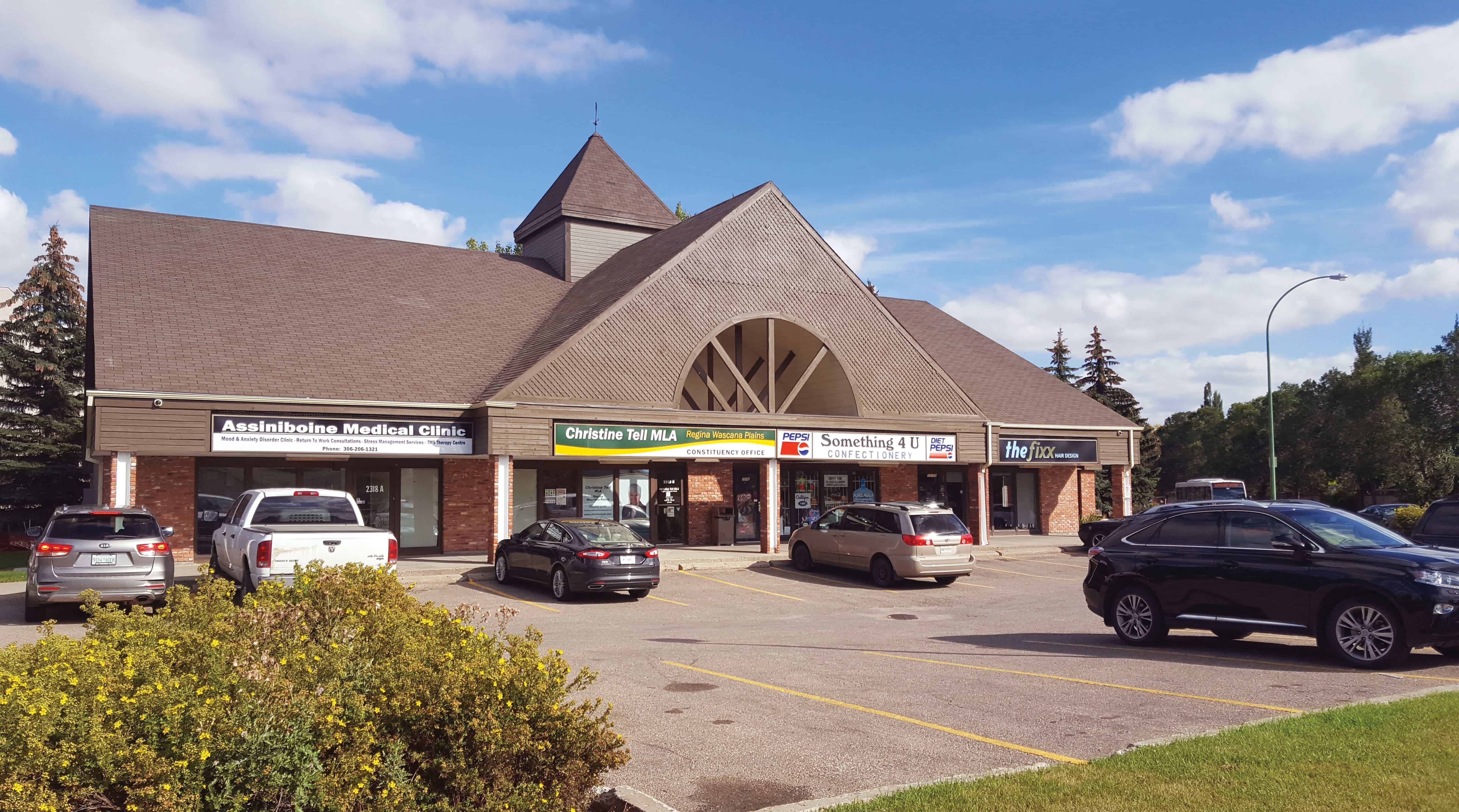Reconciliation: a love story


This tapestry records a legacy of pain. Blackstock hopefully helped people move above beyond that./ Brett Nielsen
Dr. Blackstock aims to educate about First Nations children.
Author: Deidre Brandt
Two weeks ago, Dr. Cindy Blackstock, the executive director of the First Nations Caring Society, member of the Gitxsan First Nations, and PhD of Social Work, with over 25 years of experience in Aboriginal children’s rights, came to the University of Regina to speak about First Nations reconciliation. More specifically, she outlined the current Human Rights Tribunal case (Canada (Attorney General) v. Canadian Human Rights Commission, 2013 FCA 75), alleging that the federal government inadequately provided resources to children on reserves (they did) and that it constituted race-based discrimination (it does). Throughout the evening, Dr. Blackstock provided evidence and shared stories, and in many ways it felt very exciting. This year would be the year where a historic decision could be made to aid in the long overdue reconciliation between First Nations people and Canadian settlers.
However, there was a contingent of the crowd that seemed a little less excited than the rest of us. Clusters of students coerced into attendance in some way by their professors made up a decent portion of the crowd, and some of them were fairly vocal about their desire to not be there. When I first sat down, I overheard a conversation behind me about ‘when [First Nations people] were going to stop acting so entitled.’ I paused, considered saying something, but regretfully did not. Hopefully, the talk provided them with a better perspective on these issues, or at least the answer that was understood by everyone who was there voluntarily. They are ‘acting entitled’ because they are legitimately entitled to many things that the government has not properly delivered.
I hope that through Dr. Blackstock’s presentation that was made clear to those specific students. However, many people hold similar views and few are provided with the opportunity to hear such a comprehensive, well-reasoned, opposition. And that’s a problem. It is a problem that our government has not properly provided funding to First Nations children. It is a problem that the students behind me were not properly educated on Aboriginal issues. It is a problem that I didn’t say anything to them when they expressed those views. There are a number of very serious issues that were brought to light at this event, but one element remained constant, these issues were not the First Nations’ fault.
This year has the potential to be a very great year for Indigenous rights in Canada. The Human Rights Tribunal could actually force the federal government to make some serious strides to improve the treatment of Aboriginal people. But for all of the work done by Dr. Blackstock and the First Nations Caring Society, there is still a lot of work that needs to be done, and that work is up to all of us. We need to start holding people accountable. We need to hold ourselves accountable to learn and speak up about injustice. We need to hold others accountable when they express ignorance or intolerance. And perhaps most importantly we need to hold our government accountable when they refuse to treat people, especially children, like people.
After the event, there were tables set up where you could send a valentine to an elected official, asking them to “have a heart”, in an attempt to hold them accountable for improving the living conditions of First Nations children. I sent one to Prime Minister Stephen Harper and one to Conservative MP Tom Lukiwski, both of whom could use a heart in my opinion, asking them to do what is right for the well being of children. Each valentine is an expression of love, not for the politicians to whom they are addressed, but to First Nations children for whom this support is long overdue. The UR Indigenous Students Association will be continuing this campaign into February, and hopefully all of us can use it as a stepping-stone to a more accountable future.









